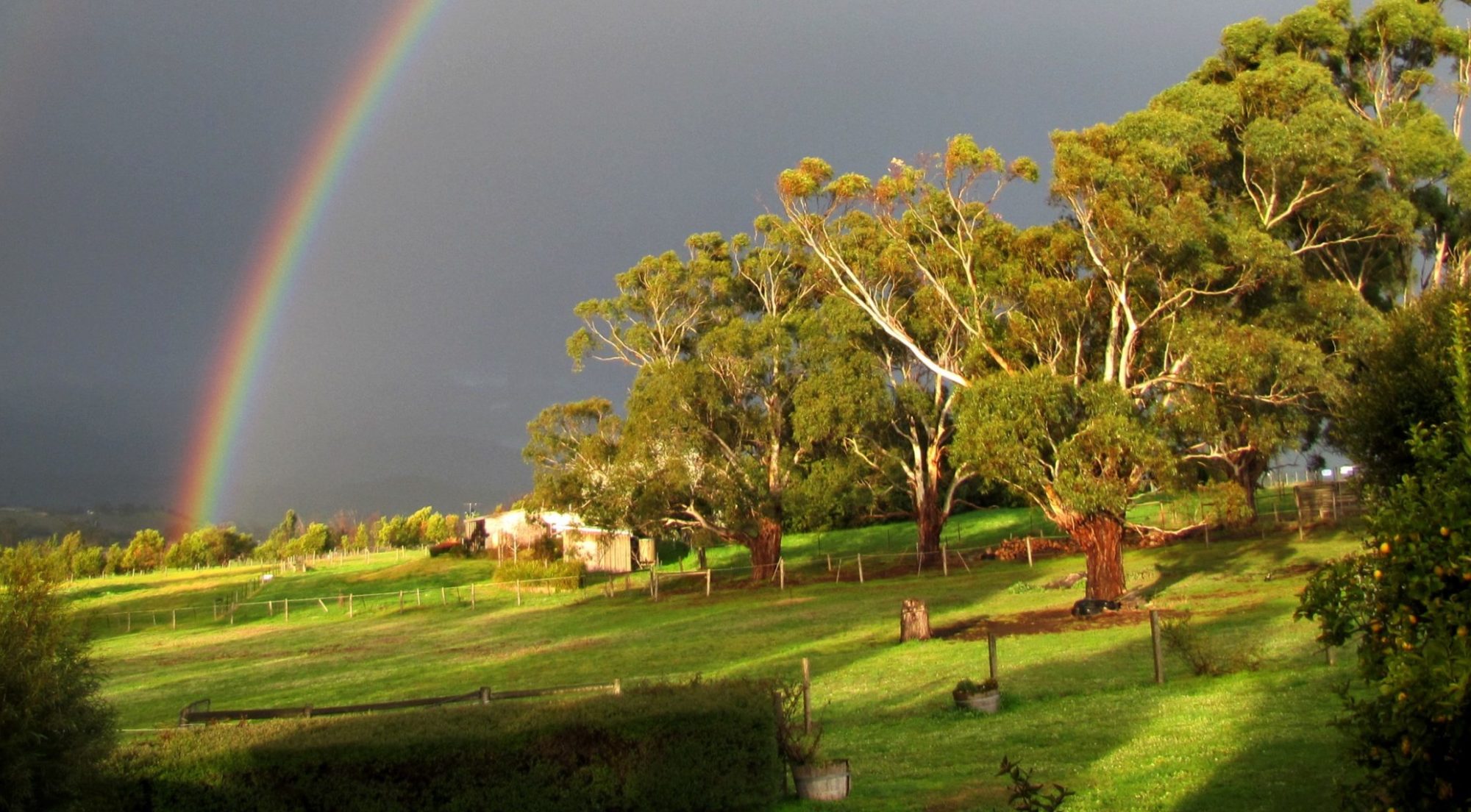My stories all tend to revolve around ‘faith’, which according to the dictionary definition is a ’confidence or trust in a person or thing.’ I believe in a God who loves us but maybe we should all consider how we, in our mind’s eye, actually see God.
I grew up, in an era being told to fear a God who would make us pay for our sins and could have us burning in the fires of hell forever. Then, in the same breath, we are told of a God who loves us. No doubt we were, and many are, still left in confusion about the whole Godly situation.
It is hard to rid our minds of some of our past indiscretions, bad decisions, and even times when we have given some of the 10 Commandments a serious nudge. While these might still cause us concern, they can also provide barriers for many of us to progress into a deeper relationship with our God.
We see ourselves as unworthy of being loved by a God who we have deliberately shunned on many occasions. To attempt to start up a new relationship with our Maker would be hypocritical, as in our opinion, God wouldn’t want to shower blessings on someone, who at times in the past, has done things we still regret.
We probably all fit into this category in one shape or form. However, let’s just STOP right here and now. Imagine ourselves as being on the shores of the Jordan River where John the Baptist was preparing people for when Jesus would start his public ministry. John used water to explain how anyone who was prepared to reform of their wrongdoings could be washed clean and ready for the coming of Jesus.
Jesus was to tell us “I come that you should have life and have it to the full”. While we were created in a pure form, we were also given free will to make our own decisions. With age and wisdom some of these decisions might not have been wise, yet we can prepare to come closer to our God by doing as John suggested.
By reforming from our past wrongdoings, we need to feel or express sincere regret or remorse. This is a personal decision John was asking those on the banks of the Jordan to make, and one we are being asked to make today.
John used water to symbolise freedom from those times in the past when we have not always done the right thing. He spoke of ‘The One’ who would come and baptise them with the Holy Spirit. If we do as John has suggested we can remove those nagging thoughts that might haunt us from our past, and let the Holy Spirit open our hearts to the love that is available from a God who wants us to enjoy life.
This then is certainly not a retributive God but one who only has love to give us.
I’m Pete and that’s faith.
